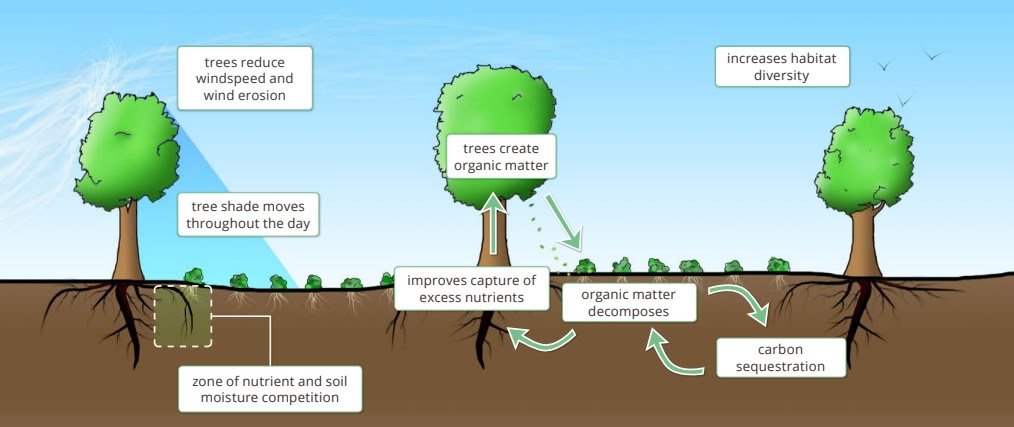In Namibia, agriculture and forestry contributes 5.1% to the Gross Domestic Product (GDP) and livestock alone contributes 3.5% which is a contribution of 68.63 % to the Agricultural GDP (Namibia Statistical Agency’s, 2012).
In addition, agriculture plays a critical role in the formal and informal economy supporting 70% of the population directly or indirectly through employment and income generation (Ministry of Environment and Tourism, 2015).
Crop production activities in Namibia are limited, mainly due to the arid climate and low rainfall patterns. Small-scale farmers use traditional methods of production that are characterised by low productivity (Ministry of Foreign Afairs of Finland, 2015).
This weakens the food security of the population and the dependence on rain-fed agriculture increases the vulnerability of farming systems and predisposes rural households to food insecurity and poverty.
It is projected that the reduction in crop yields will have devastating impacts on food security at both national and household levels. Under the current conditions, the agriculture sector in Namibia needs to grow by 4% a year to meet the food requirements for the expanding population (Ministry of Foreign Afairs of Finland, 2015).
In light of these challenges, Namibia needs to adapt its agricultural practices and increase the resilience of livelihoods to be able to withstand the challenges posed by Climate Change to sustain development and growth of the country. This is why Climate Smart Agriculture (CSA) is an important topic for discussion at all levels of the society.
Forestry
Livestock
Crop production
E. Chioreso and R. Munyayi. (2015). Think Namibia Factsheet. Namibia.






